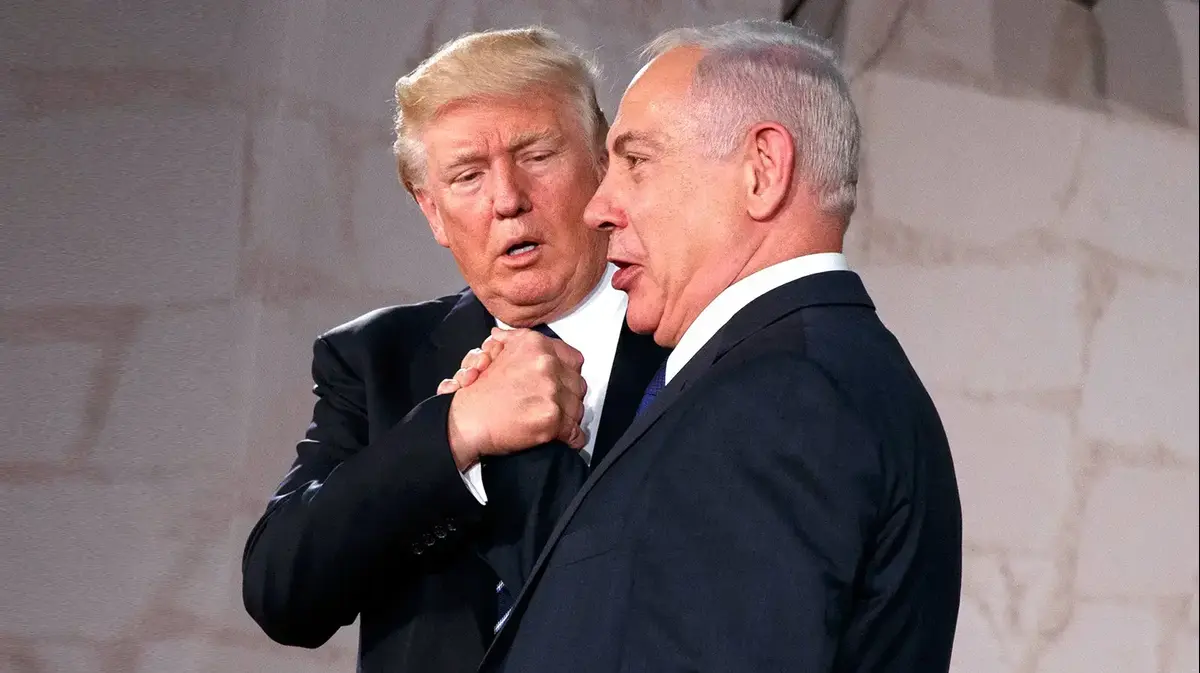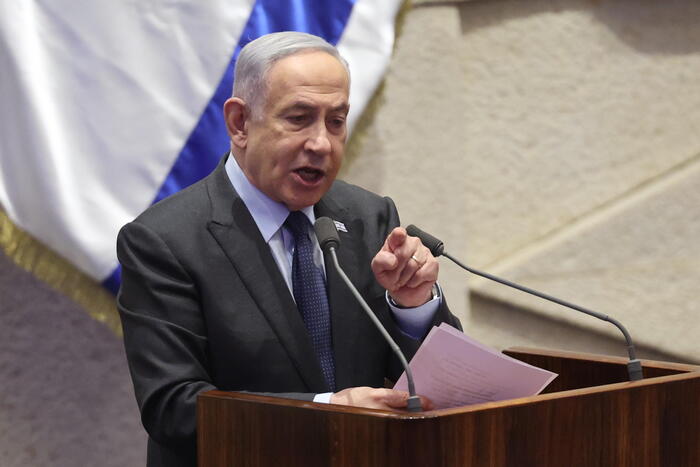Shocking Announcement and Political Repercussions
On Wednesday, Spanish Prime Minister Pedro Sánchez, leader since 2018, shocked the nation by announcing he might resign due to a judicial investigation into his wife, Begoña Gómez, for alleged influence peddling and corruption. Sánchez, a member of the Socialist Party, revealed his contemplations in a dramatic four-page letter shared on social media, catching even his closest ministers off guard.
Strategic Resignation to Regain Control?
Analysts believe Sánchez's potential resignation is a strategic move to create an "electric shock" and shift the political narrative, currently dominated by right-wing opposition. This comes in a time of heightened polarization in Spanish politics. Sánchez in his letter condemned what he described as a campaign of "harassment" by the right and far-right factions, which he claims are unable to accept electoral outcomes.
Confidence Vote as a Possible Scenario
Sánchez has paused his public engagements, including a crucial regional campaign event in Catalonia. He plans to announce his final decision on Monday. One scenario could be a confidence vote in Parliament to demonstrate ongoing support for his minority government. This option seems to have the backing of various allies, including the unpredictable Catalan separatist Carles Puigdemont.
Resignation Scenarios: With or Without Early Elections
While Sánchez's resignation is not certain, it remains a possibility. If he resigns, the Socialist Party might need to propose a new candidate for head of government, with Maria Jesus Montero being a potential successor. Alternatively, Sánchez could resign and call for early elections, although constitutional constraints would delay such elections until at least the end of May.
Legal and Constitutional Implications
Following a resignation, the Spanish Constitution outlines that the government continues until a new one is established. Additionally, Sánchez has the option to propose a dissolution of Parliament, which would lead to new elections, though this cannot occur within a year of the last dissolution, according to constitutional rules.
Reflection Period and Upcoming Decision
Sánchez has declared a period of reflection to consider his future and the implications of a potential resignation. He emphasized the need to "stop and think" about whether to continue leading the government. His decision is expected to be announced to the press on Monday, with further details pending.
The unfolding political drama in Spain continues to capture attention both domestically and internationally, as the nation awaits the next steps from its embattled Prime Minister.
References
- https://www.leparisien.fr/international/demission-possible-du-premier-ministre-pedro-sanchez-maintenant-quels-sont-les-scenarios-possibles-en-espagne-25-04-2024-YG4LUEUWANHZJNCSEILVEJ35AU.php
- https://elpais.com/espana/2024-04-24/y-si-dimite-pedro-sanchez-que.html
- https://www.lefigaro.fr/flash-actu/espagne-le-premier-ministre-pedro-sanchez-dit-reflechir-a-une-demission-20240424










